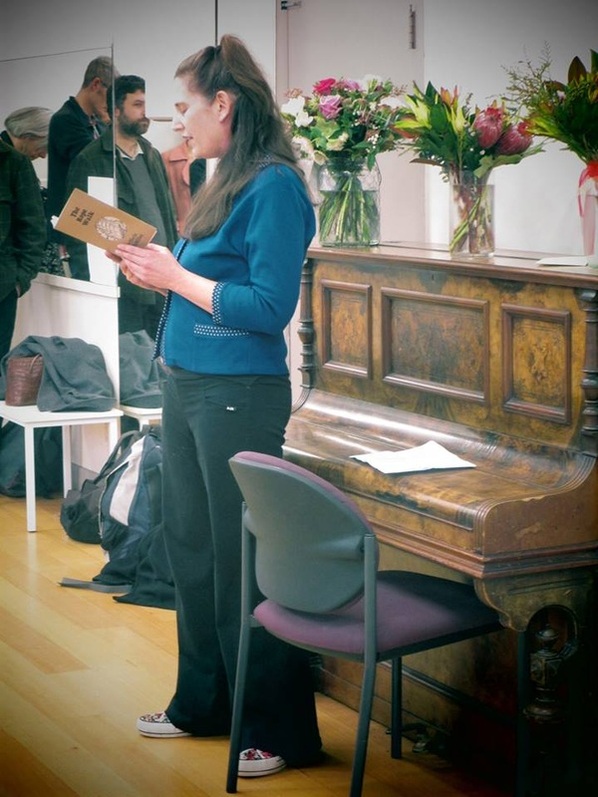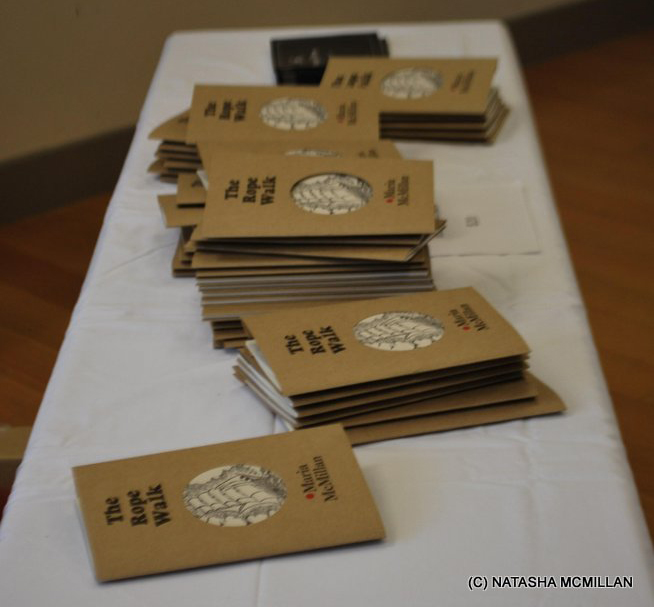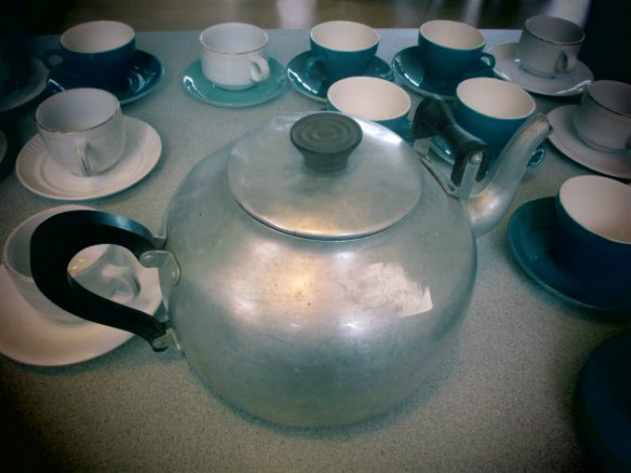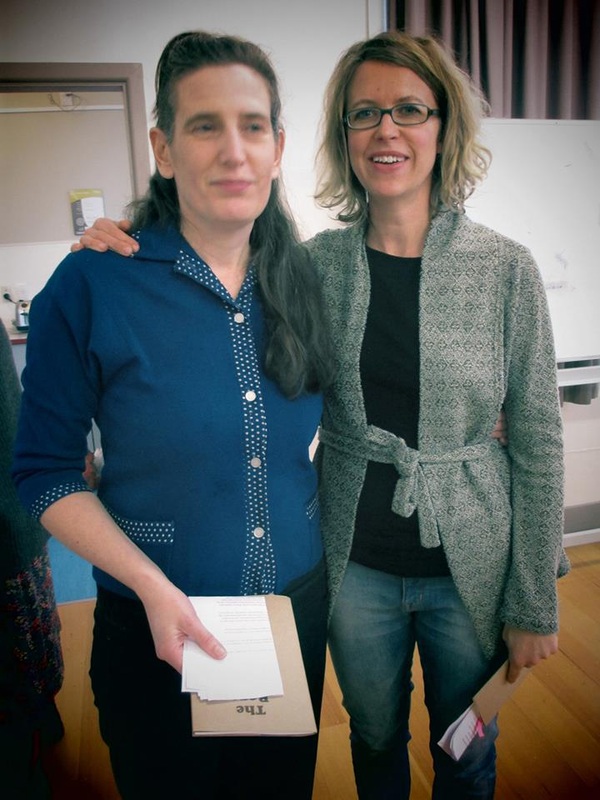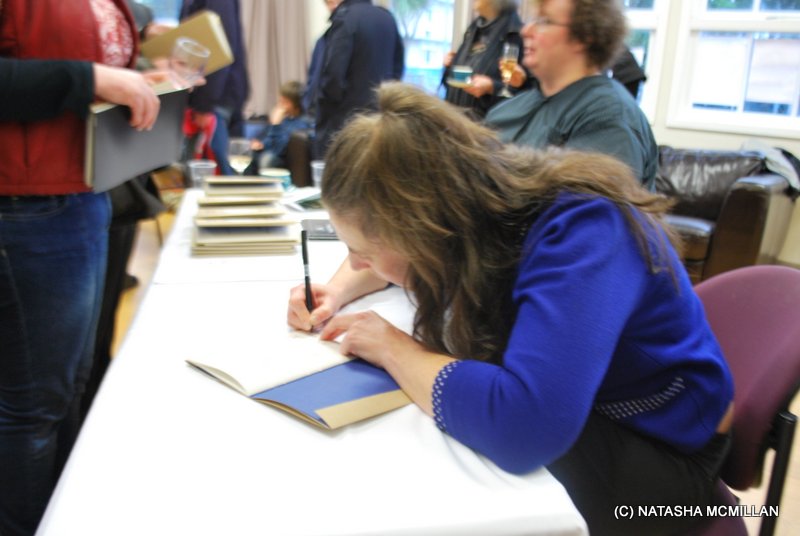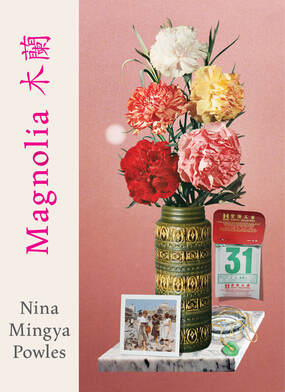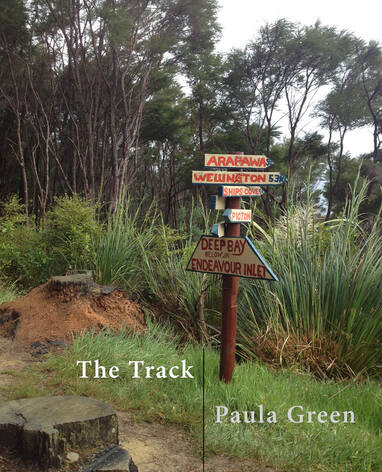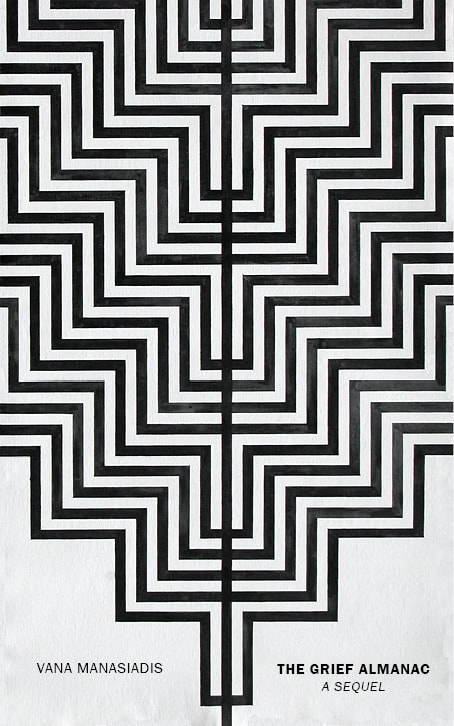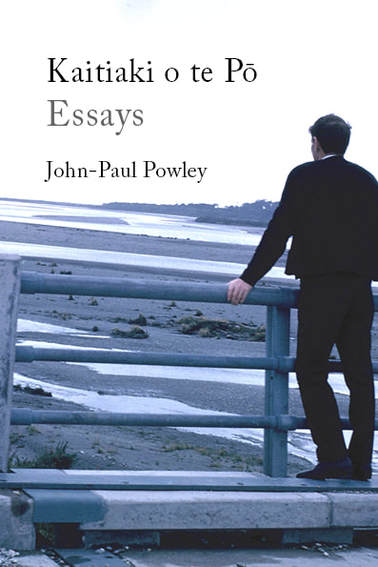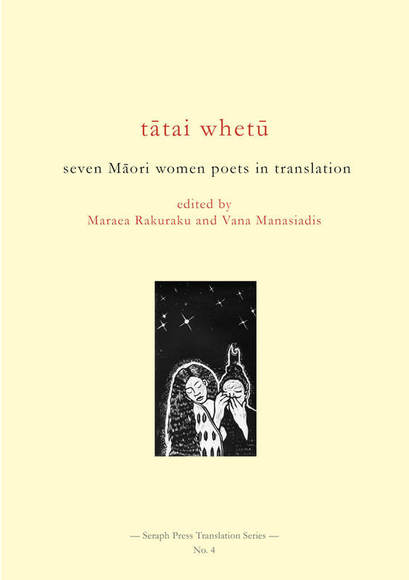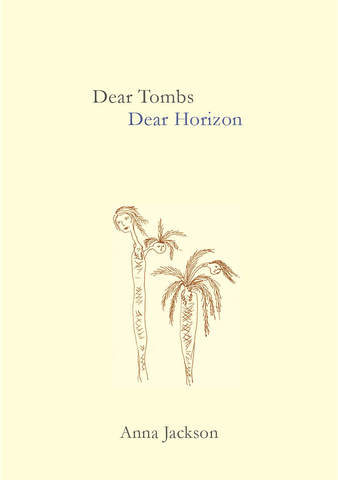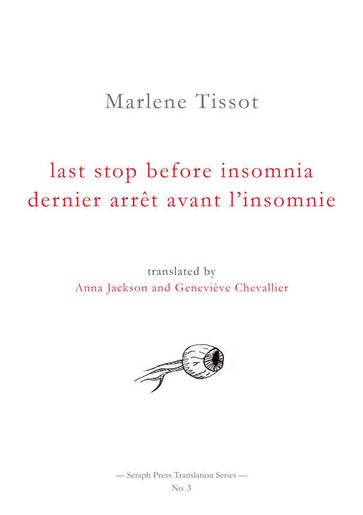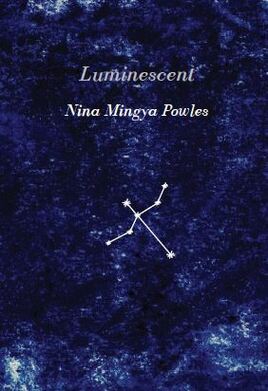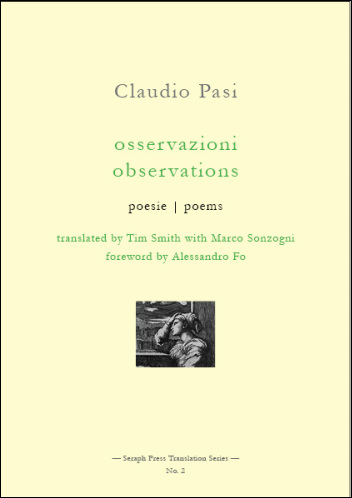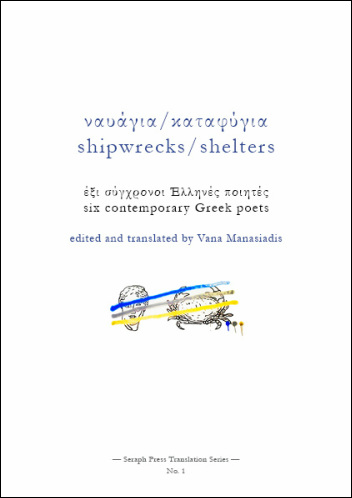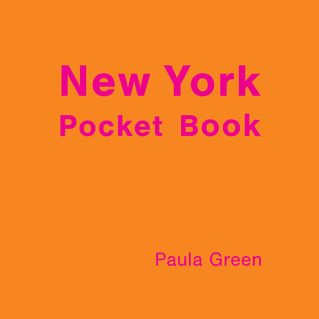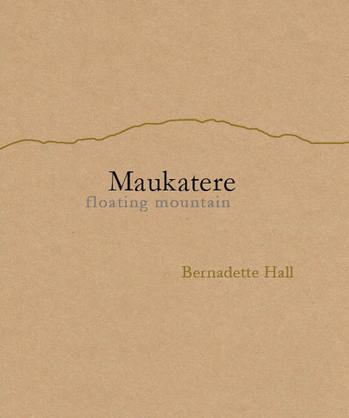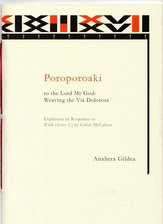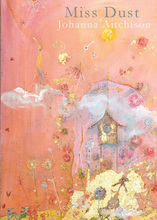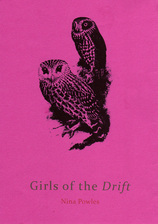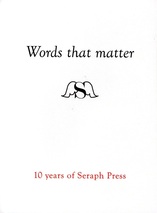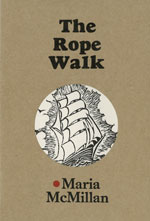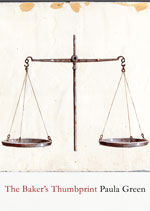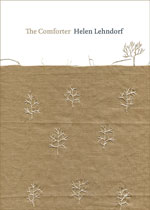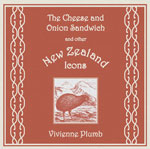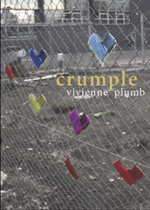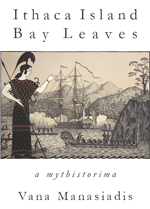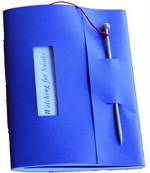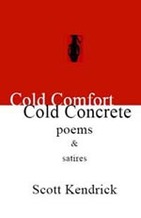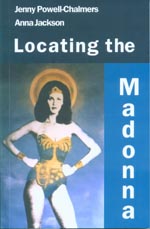This book has especially had a lot of community around it, as I detail in my launch speech, which I've included below (or at least I've included what I wrote down – I added a bit as I was talking, but can't really remember what I said). Also below you'll find the fabulous launch speech by Kirsten McDougall, and Maria's fascinating words about the inspiration behind The Rope Walk. She finished by reading three of the wonderful poems from the collection, including 'Anne', at my request (thanks for that!)
For another account of the launch, and more pics, check out Helen Lehndorf's account: http://helenlehndorf.com/2013/07/16/the-rope-walk-is-launched/
Helen Rickerby's speech
Although the publication process has been much more collaborative this time than usual – Maria has taken in keen interest in how the book looks, and Joe, Maria’s partner, designed and hand-printed the cover – because he just happens to own a letterpress printer, as you do, and did the linocut that the cover peeks through to. Thank you Joe so much for using you talents to make this book so special.
But don’t be too distracted by the attractive packaging of this book – the real power lies in the words of the poems. I have a particular liking for collections of poetry that work together as a whole, and these poems – even though they jump around in time and place, a voice and character – they tell as story – the story of several generations of one family, of grief and loss, and also of strong connections. I love how poetry can tell stories in such a language rich way, and by encouraging the reader to take little leaps.
This book is Maria’s first, but it’s apparent that she’s no beginner – she’s been writing for a long time and has honed her craft. I’m really honoured to have published her first book, and she already has another one on the way – look out for it next year.
Before I hand over to our official launcher, Kirsten, I just want to thank everyone who has helped with getting this book together – Maria and Joe of course, and Cathy, Angelina and Sean, who helped us stitch, and Pip who helped us assemble the books before we stitched them. And thank you everyone who has helped set up, and brought food.
And thank you Kirsten so much for being our launcher. Kirsten McDougall is the author of The Invisible Rider, but she isn’t here just as a fellow writer, but also as a member of Maria’s writers group, a supporter of Maria’s work, and as a friend. After Kirsten has launched the book, Maria will talk and read us some poems from the book. And then, if you haven’t already, you can line up and buy a copy from Sean over there at the books table, and I’m sure Maria will sign it for you.
Thank you everyone so much for coming and helping us celebrate the launching into the world of this very special book.
Kirsten McDougall's launch speech
I instantly liked Maria when I met her – she is warm, incredibly smart and engaged in the world. Her poems are the same – imaginative extensions of the way she perceives the world, using the music that she hears the world in. One aspect of her writing that has always delighted me is that there are things to be learned in a Maria poem, some new fascinating fact about the world – often to do with the sea. The sea is a subject that Maria lives with, as many of you know her partner Joe is a marine biologist, and Maria has spoken of getting Joe to read to her from his research – just so she can hear the words. That’s a poet listening – a magpie gathering shiny objects to decorate its nest with. But Maria’s too curious for it just to be about the glitter, the mere sound of scientific words. She gathers up the ideas too, and weaves them through her poetry.
The sea is present in The Rope Walk – the great whale road, which was the only way the nineteenth century characters in this intergenerational family story could get to New Zealand. The Rope Walk shifts between the past and the present; plays modern dilemmas off against the harshness of the new colonial’s experiences in a foreign land, characters come and go, the voice of the poet changes, takes on different personas, looks back and grows older. Many new poets reach for family when they’re looking for a spine to hang their words off – I suppose what a prose writer thinks of as plot. So often the ‘emerging’ poet’s family poems leave you cold and wondering, but why should I care about your family? Maria has done with The Rope Walk what it is necessary for a poet writing family stories to do – she’s made the poems at once personal, particular and public. The poet is ventriloquist for different generations, has imagined various experiences with the insight a good novel gives you. The poems in The Rope Walk speak of experiences that are at times familiar, other times strange and chilling.
I think she can do this because she trusts language to do its work – both musically and narratively. The emotional pitch of these poems is just right, as in one of the present day poems when the poet visits Emily, who is working in a brothel. The poet sits and waits for Emily looking up at the ceiling, and I quote: ‘which is covered with silver stars; while I wait the receptionist tells me/a man put them up in exact constellations.//I know the sky and know that she is lying/or the man lied to her. /’ This fraudulent sky is a wonderful way of showing us the poet’s sense of things not turning out the way they should. Just as the stars are in the wrong place, so is Emily. It is typical of Maria’s clear-sightedness and generosity that the receptionist doesn’t get entirely blamed for the badly placed stars.
There are many images in these poems to go back to and think about. Perhaps one of my favourites appears in the poem ‘Ann’, when one of the ancestral characters recounts three drownings that happened on the same day, she says: ‘each time there was no resistance/ each time the water closed over at once/like a wound’s uncanny healing.’ This sort of noticing is chilling, and perfectly describes a person drowning who has never learned to swim.
Maria’s lively ear and curiosity is present throughout the poems in The Rope Walk and it’s this curiosity that aids the storytelling in the poems, that binds the generations together, that takes in the natural world, the sea, human biology, human loss and memory. For me the short poem ‘The aerialist’ explains the experience of reading this book and, I like to imagine, of writing it. From up high the aerialist recounts how ‘From here the faces/of the audience/appear to float. Once/ I am spun so fast/I become a centrifuge/The tips of my fingers/prick with blood.’ I like to think of Maria as the aerialist of this book, the poet as tightrope walker who spins over the bilious sea of memory and family history.
I commend Maria on producing a moving and also beautiful collection of poems, and also Helen Rickerby of Seraph Press for supporting such a project. And now I urge you all to go and buy a copy.
Maria McMillan's speech
I want to say some thank yous, and along the way talk a little bit about the book, and then I will read a few poems.
I’m not someone who has a writing life and a parenting life and a political life and a friendship life. It’s all one big messy and enjoyable existence for me. So I feel the need to thank people who contribute to it in various ways. One thing comes with another.
I feel blessed to grow up in a house full of books and analyses. So thank you to my parents, Nancy and Stuart. And to them and my siblings, who have been encouraging and constant in recognising writing is something worthwhile and interesting to do.
I wrote the first two of these poems way back in a summer semester poetry class about 10 years ago. In her comments my teacher Shannon Welch said very positive things about the two poems, and went about gaily whacking off their endings. Kirsten McDougall was in that class , and afterwards said to me, 'This series you’ve started is really exciting.' I thought: yeah, I’ve started a series. I knew that.
In that class were some people who have come to play a very dear part in my life: Kirsten, Tusiata Avia and Tina Regtien were initially part of my writing group and make occasional guest appearances, but our regular writing group of Stefanie Lash, who can’t be here – I think she’s in Paris, I know it was a hard choice for her – Marty Smith, Hinemoana Baker and Kate Camp have been generous and wonderful writing colleagues and between them have workshopped all these poems. Wednesday nights when we have our virtual meet up are for me, one of life’s great pleasures.
A lot of my growing up, through my late teens and early twenties was among an activist community, even though it doesn't act much like a community sometimes, and some of my dearest friends have come through activism. I want to acknowledge absolutely how important it’s been for me to be part of working for change with you; some of you are here. Many of those activist friendships have widened and deepened and we can go for whole minutes without directly discussing politics, it’s always been a touchstone for me. That caring about the world, and about how human beings treat each other and that world, can feel sad and desperate. It’s been so important to have you to help me figure out how to live and to write my way through that and to keep feeling hopeful and humble.
The stories that form The Rope Walk, not always overtly, are the stories that I’ve heard from friends and acquaintances over the years. No one story matches a person’s life, no real ship was harmed in the making of this book, but I have been really struck, as I came into adulthood and since, how people are carrying such an enormous amount of stuff. That the wider, predominantly Pākehā community I was part of as a young person, had a seam running through it of violence, and suicide, and the recession, and alcoholism, and young women growing into and adopting limiting ideas of what it means to be female because no other ideas were available to them. I want to acknowledge those important conversations and the stories friends have shared with me.
And with these hard stories, and with understanding the history of colonisation, I’ve tried to work out the difference between privilege and power. Because, being part of a privileged segment of society, I wasn’t seeing Pākehā acting in powerful ways. I wasn’t hearing stories of brilliant success upon brilliant successes. When Marie Laufiso, who I was a member of Corso Ōtepoti with, talked about Pākehā culture being in crisis it made sense to me. Many conversations in Corso have been helpful. I’m grateful.
I’m not sure if The Rope Walk will be read like this – as an account of a privileged culture in crisis – and that of course is fine, I’m open to the idea the poems might be about something else entirely, but the urge to write the poems came from some of this earnest confused thinking.
It was important to me that poems in The Rope Walk existed together and somehow were a thing of their own. I always had a vision that, with its historic elements, a book of The Rope Walk might use some old-school technology. I heard excellent things about Helen Rickerby and her publishing company Seraph Press. I knew Helen was producing shorter books, and had respect for the book as an artefact, so in my earnest way I submitted the manuscript and, to my delight, Helen said she would like to publish it. Before I could even mention it Helen suggested that perhaps my partner Joe Buchanan, knowing he had a letterpress in his mother’s back shed, might like to do the cover.
It’s been a truly collaborative effort. Joe said, ‘I need an image on the cover; the title and your name don’t look right. You have the wrong letters in your name.’ I said, ‘OK, but it has to be a ship or an 19th-century trapeze artist. And I think it’s meant to be in a circle.’ So Joe said ‘Ship’, and thought about the diecut, and Helen made encouraging noises.
Joe drew the picture of the ship. Then reduced it. Then did a linocut of it. Joe and I discussed the cover paper endlessly, and bought home samples matching browns to creams. Creams to other creams. Joe spent several days in total getting it printed, with paper misbehaving curling away from the rollers of his Adana. Helen and Joe and I came to a decision about the end papers. Helen made it clear she wanted me to be happy with what we were producing.
So huge thanks to Helen for wanting to publish The Rope Walk, and being so in accordance with my vision of what it could be. Thanks too to Joe, for the wonderful cover. It is a beautiful thing in it’s own right, and I’m proud to have my writing in this package. Thanks to the binding party: Sean, Angelina, Helen, Joe, Cathy & Pip. It was a late night.
Thanks also to Joe. We have two small children, and not once, not once has Joe begrudged my Wednesday nights with my writing group, or my dreamy self-indulgence when I am trying to write a poem. He is suitably sympathetic when nothing comes to fruition, and quietly celebrational when I say, ‘My group liked it. I think they really liked it.’ Thank you Joe, and for everything you do for me and our family that makes having other things going on a possibility. And big thanks to other people in our life who help so much with family, particularly Jane Buchanan, and Nancy and Stuart.
And thanks for the people over the last few days, especially Helen Rickerby, Sarah Bainbridge, Sarah Moodie, Pip Adam, Helen Lehndorf and Cathy Blakely, who have shown me just when it comes to the crunch, when DIY book trimming, open home, sick partner and a book launch all converge into a tightly packed week or so, that I have really loving and generous people in my life willing to help and celebrate at times like these.
I am going to read some poems now. I have been so looking forward to not reading from a scrappy sheet of paper, but from opening this book.
